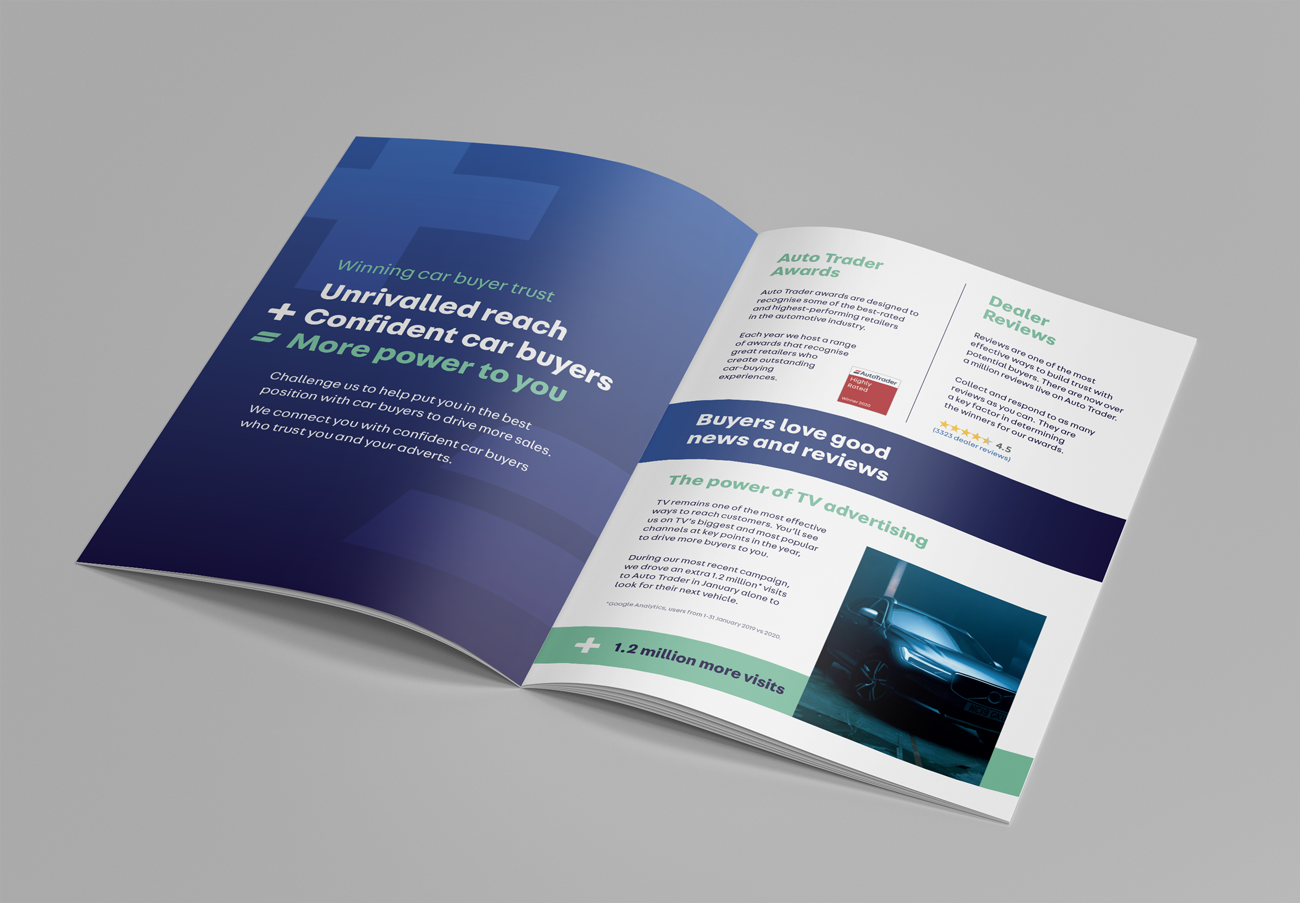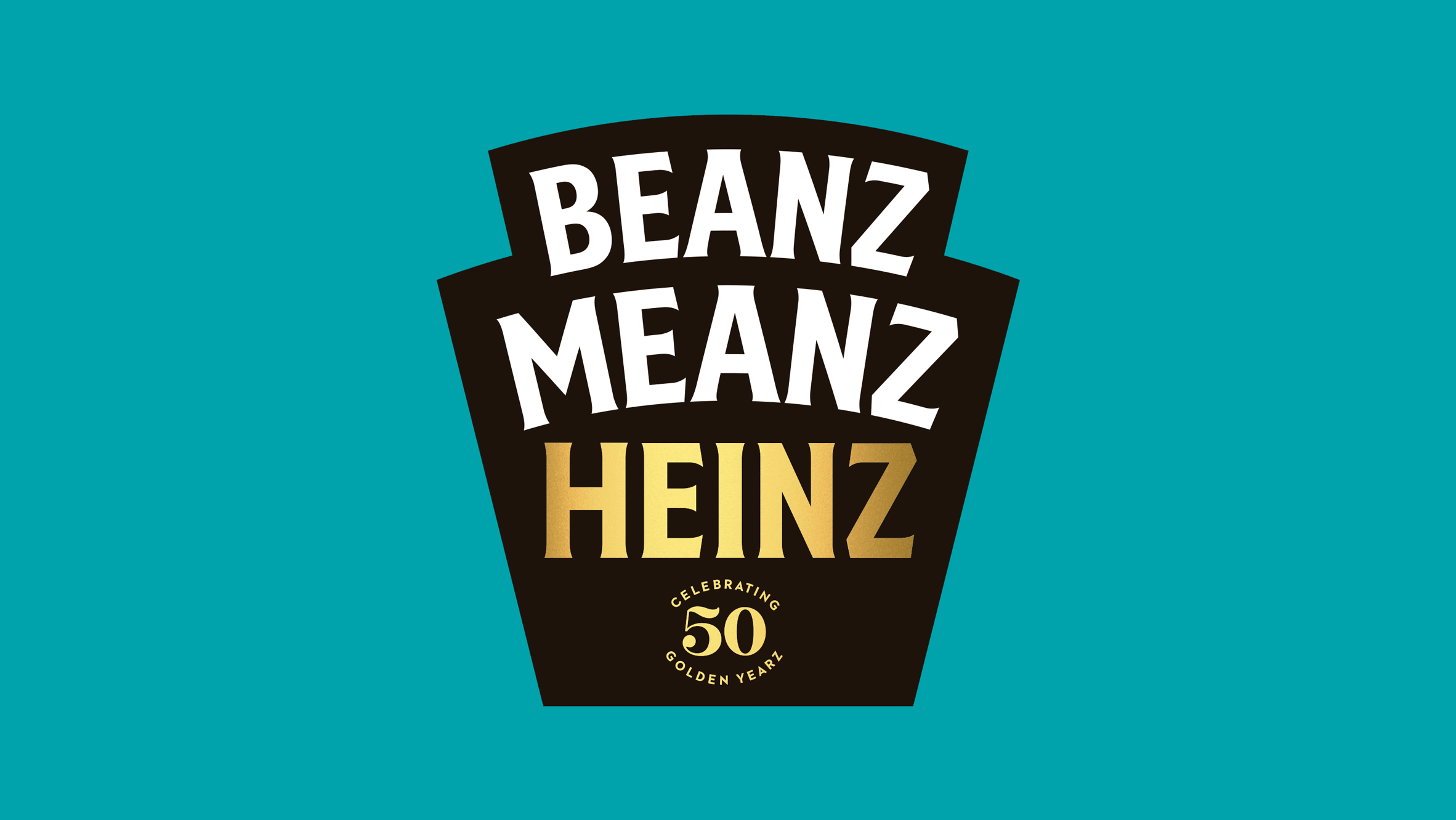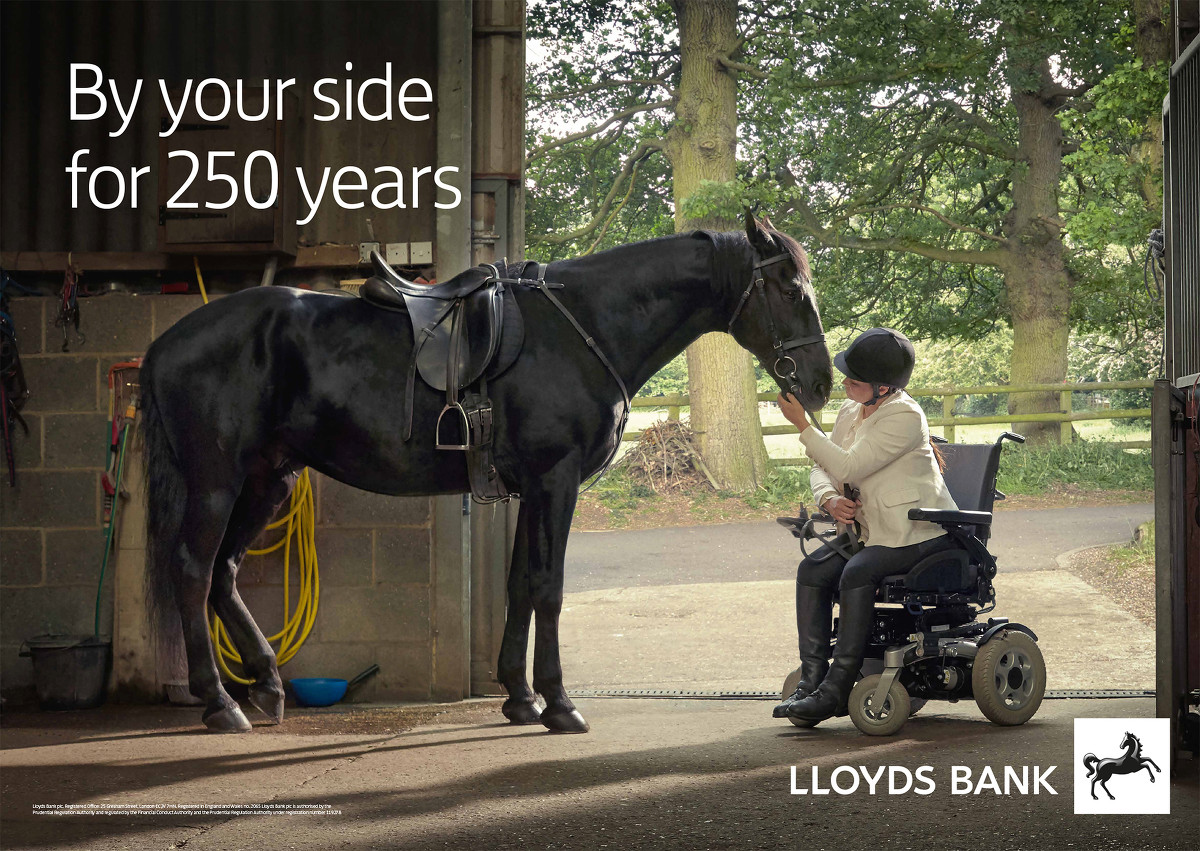We’re creatures of habit, we tend to stick to what we know.
What is the Status Quo bias?
When it comes to making decisions, we often subconsciously have a preference for things that are comfortable and familiar.
Things like our beliefs, previous choices and set routines stick with us like glue to form our own personal Status Quo. Which means we value what we know and navigate towards pre-set options even if other, perhaps better options are available to us.
The evidence it works
The Status Quo bias was introduced by Samuelson and Zeckhauser in 1988. They created a series of controlled role-play experiments that found that people show a disproportionate preference for choices that maintain the status quo.
As part of the experiment, participants were asked to take on the role of a decision-maker in situations faced by managers and government officials and asked various questions.
They then asked the participants questions that required a decision. They found that most of the time people chose the option that kept things as they were – or maintained the status quo.
How status quo bias fits in with our behavioural model – The ‘means’ METRIC
One of the core principles of our Behavioural Model is that every behaviour has to have a motivation, trigger and the means.
The means are the resources you need to get what you want. This isn’t just money – choosing and buying also costs time and effort, thought and worry.
In theory, the means depend on what’s in short supply. So if we’re short of time, we’ll spend money. If we don’t want to take a risk, we’ll invest more thought. If everyone else is doing one thing, we’d rather join the queue and spend time than feel like the odd one out.
But our judgement of these things is often flawed. For example, we can only judge numbers in comparison with other numbers and we’re inclined to not waste energy, so the easier something seems the more likely we are to choose it (like joining the queue). Which forms the basis of our Behavioural Model.
The means model is split into six different sections: Money, Effort, Time, Risk, Individuality, and Conscious thought. Which handily spells METRIC.
Status Quo fits in the Risk section of our model. Basically, choosing what we know is less risky than going with something new so we stick to it.
How we've used it with clients
AUTO TRADER
Auto Trader is the leading car marketplace, but most vehicle retailers feel like they aren’t getting enough from the platform – even resenting it for giving buyers more power.
We created a campaign to take advantage of retailers’ desire to stick with what they know – the status quo bias, and at the same time fend off emerging competitors.
By reframing the benefits customers might not be taking advantage of, we demonstrated that there’s more sales and more profit to be made if you stick with Auto Trader’s powerful suite of tools.


OTHER GREAT EXAMPLES
HEINZ
Heinz uses the Status Quo bias throughout its advertising campaigns. Lines like ‘Beanz Meanz Heinz’ and ‘It has to be Heinz’ cement in customers’ minds that they’re the only choice worth having. So they should stick to what they know.
LLOYD’S BANK
Like Heinz, the language Lloyd’s language to talk to their customers is all about sticking with the bank they know.
Heritage lines like: ‘By your side for over 250 years’ and ‘For every generation’ reinforces customer belief that they should stick with them – because, they always have.


Want to start applying behavioural science creatively?
We’re a creative agency that uses behavioural science to make marketing more effective.
We deliver everything from insights and strategy development for brand building or big ideas right down to tactical campaigns and execution.
If you’d like to find out more about how we can help you to apply behavioural science creatively then please get in touch.
By Ellen Jackson
Creative Copywriter
Let's make you the preferred choice.
Our Preference approach can be applied to any marketing challenge.